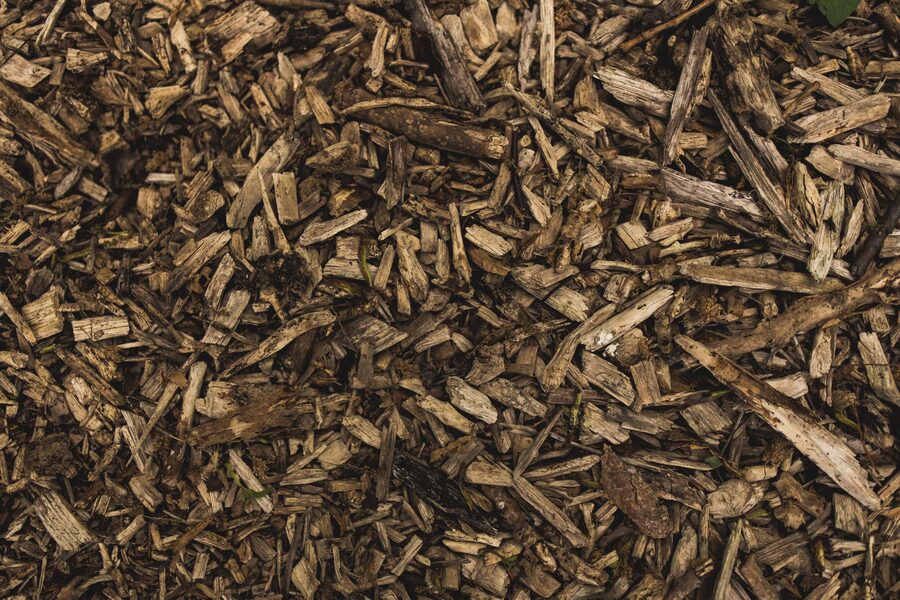You may have heard of mulching before, but did you know there are many benefits associated with mulching including the reduction of having to water your garden by about 60 per cent (Thomson, 2005)?
Mulch is great for water conservation which is especially important nowadays as the uncertainty of climate change looms over us. Not only does mulch aid in the reduction of moisture loss from your garden, it can also add valuable nutrients to the soil once broken down and inhibit weed growth thus allowing minimal competition with your plants for moisture and nutrients. All these functions therefore aid in the plant growth of your garden (Sustainable Gardening Australia, 2020).

However, when choosing a mulch, it is important to consider what mulch will work best for your type of garden, and which option will be the most sustainable. There are many different types of mulch, each with different benefits. Here are a few to consider:
This type of mulch is great for supplying nutrients to your garden as it breaks down rapidly. This is ideal for both herb and vegie gardens, as well as fruit trees.
A common misconception is that you can use lawn mower clippings as mulch, but in fact, this is not a good idea as they can become somewhat water-resistant. Lawn mower clippings are best put in either your green bin, or compost.
Leaf mulch is ideal for a garden containing native plants. Leaf mulch does not break down as efficiently as straw-based mulch, so for that reason it is better for gardens requiring a lower amount of nutrients. If you also want to provide a home for frogs and lizards, leaf mulch is the way to go! But remember, do not source your leaf mulch from an already active eco system.
This type of mulch is also best for native gardens as well as some exotic plants. The nutrient content is rather low in wood-based mulch, so ensure you don’t use this type of mulch in a garden that requires a high nutrient content. Wood-based mulch can also alter the pH of your soil so make sure you do your research before investing in this type of mulch, and avoid mulch sourced from native trees.
Inorganic mulch is not ideal for a sustainable garden, and although it does inhibit weed growth, it does not provide much benefit to your garden.
Regardless of which type of mulch is most suited to your gardening needs, always remember to source mulch that is locally produced. This will have a positive impact on your carbon footprint (Tuton, 2011). There are many other do’s and don’ts when it comes to mulch, so make sure you have a chat to your local gardening expert or alternatively visit the Sustainable Gardening Australia website and you can find all the information you need!
Sustainable Gardening Australia. (2020). Choosing Mulch for Your Garden. Retrieved from https://www.sgaonline.org.au/choosing-mulch-for-your-garden/
Thomson, S. (2005). Gardening Australia: How To Mulch. ABC. Retrieved from https://www.abc.net.au/gardening/factsheets/how-to-mulch/9426510#:~:text=Mulch%20stops%20the%20top%20of,plants%20for%20moisture%20and%20nutrients.&text=This%20improves%20soil%20structure%20and,earthworm%20and%20soil%20microbial%20activity.
Tuton, H. (2011). Mulch Ado About Nothing – Sustainable Gardening Australia Footprint Flicks [Video]. YouTube. https://www.youtube.com/watch?v=DWbqTyfOm60&feature=youtu.be